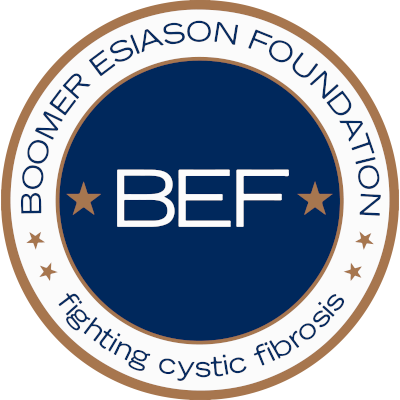Gilead Sciences, Inc. announced that its head-to-head Phase III clinical trial of Cayston® (aztreonam for inhalation solution) versus tobramycin inhalation solution (TIS) in cystic fibrosis (CF) patients with Pseudomonas aeruginosa (P. aeruginosa) achieved its co-primary endpoint of superiority of Cayston for mean actual change in forced expiratory volume in one second (FEV1, a measure of lung function) percent predicted across three treatment cycles (six months). Patients receiving Cayston had an adjusted mean actual increase in FEV1 percent predicted from baseline over six months of 2.05 percent compared to a 0.66 percent decrease for patients receiving TIS. Safety results were similar across both arms of the study, with lower incidence of cough in patients receiving Cayston. These data are being presented at a poster session today, and during an oral session on Saturday, October 23, at the 24th Annual North American Cystic Fibrosis Conference (NACFC) in Baltimore.
The first co-primary endpoint of non-inferiority for mean percent change in FEV1 percent predicted at Day 28 was also achieved and Cayston met the statistical definition of superiority. Those data were presented earlier this year at the European Cystic Fibrosis Conference.
In the study, 268 patients were randomized to receive 28-day intermittent repeating courses of Cayston (75 mg three times daily) via the Altera(R) Nebulizer System (PARI Pharma GmbH) or TIS (300 mg twice daily) via the PARI LC Plus(R) Nebulizer over a 24-week treatment period. Approximately 85 percent of patients in the study had received at least three courses of inhaled tobramycin in the 12 months prior to randomization.
“Cystic fibrosis patients with chronic Pseudomonas aeruginosa airway infection require long-term inhaled antibiotic therapy,” said Christopher M. Oermann, MD, Associate Professor of Pediatrics and Cystic Fibrosis Care Center Director, Baylor College of Medicine, Houston, Texas. “The ongoing nature of this infection and the need for cyclic, suppressive antibiotic treatment highlight the importance of new drug development and for clinical trial data across multiple treatment cycles. The results of this trial demonstrate that Cayston is effective across three treatment cycles in improving lung function and respiratory symptom scores. Moreover, Cayston was associated with significant reductions in pulmonary exacerbations, including hospitalizations. Cayston is an important new therapy for the treatment of pseudomonal airway infection in people living with cystic fibrosis.”
Cayston was approved by the U.S. Food and Drug Administration (FDA) and the Australian Therapeutic Goods Administration (TGA) in 2010 and received conditional marketing authorizations in the European Union (EU) and Canada in September 2009. These conditional approvals are contingent upon results from this Phase III study. Gilead submitted these data to the FDA in the third quarter of this year and plans to begin submitting data from this study to international regulatory agencies by year end.
Source: Gilead Sciences Inc.
